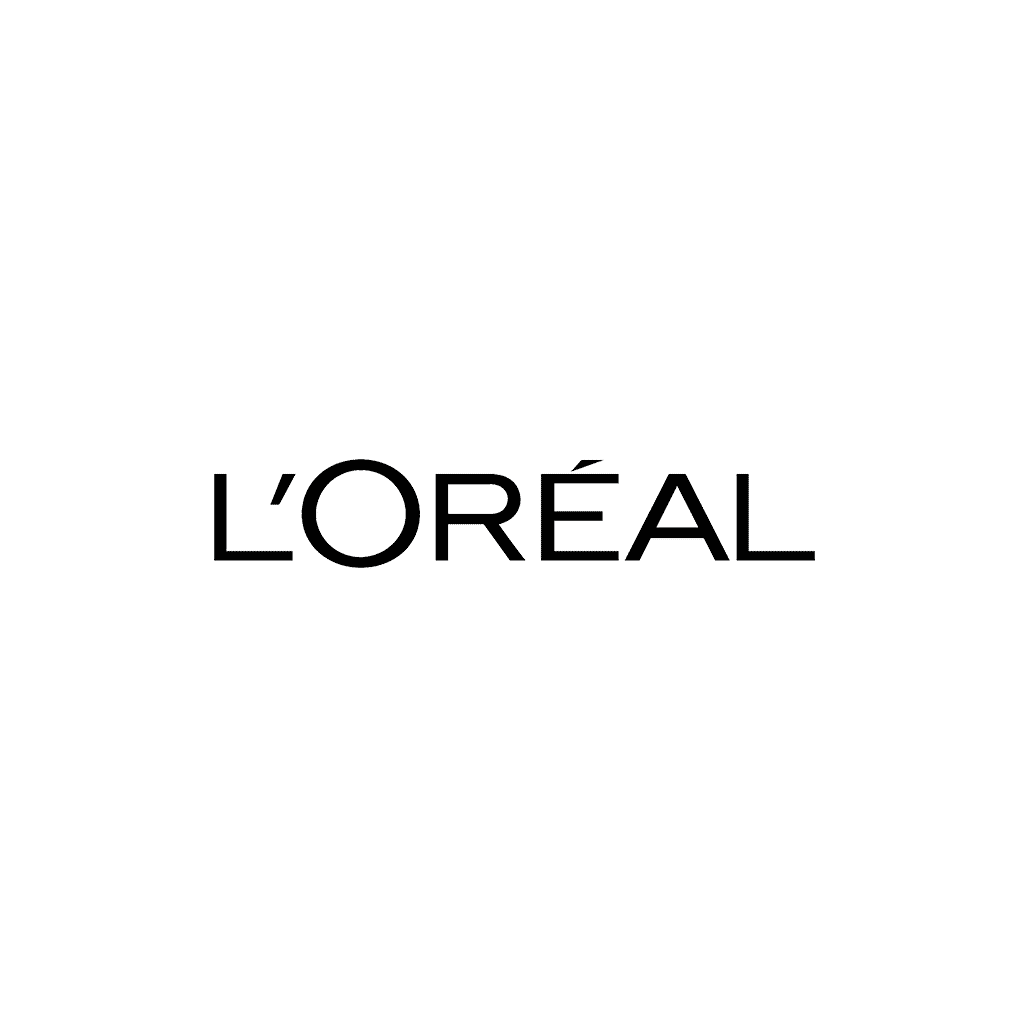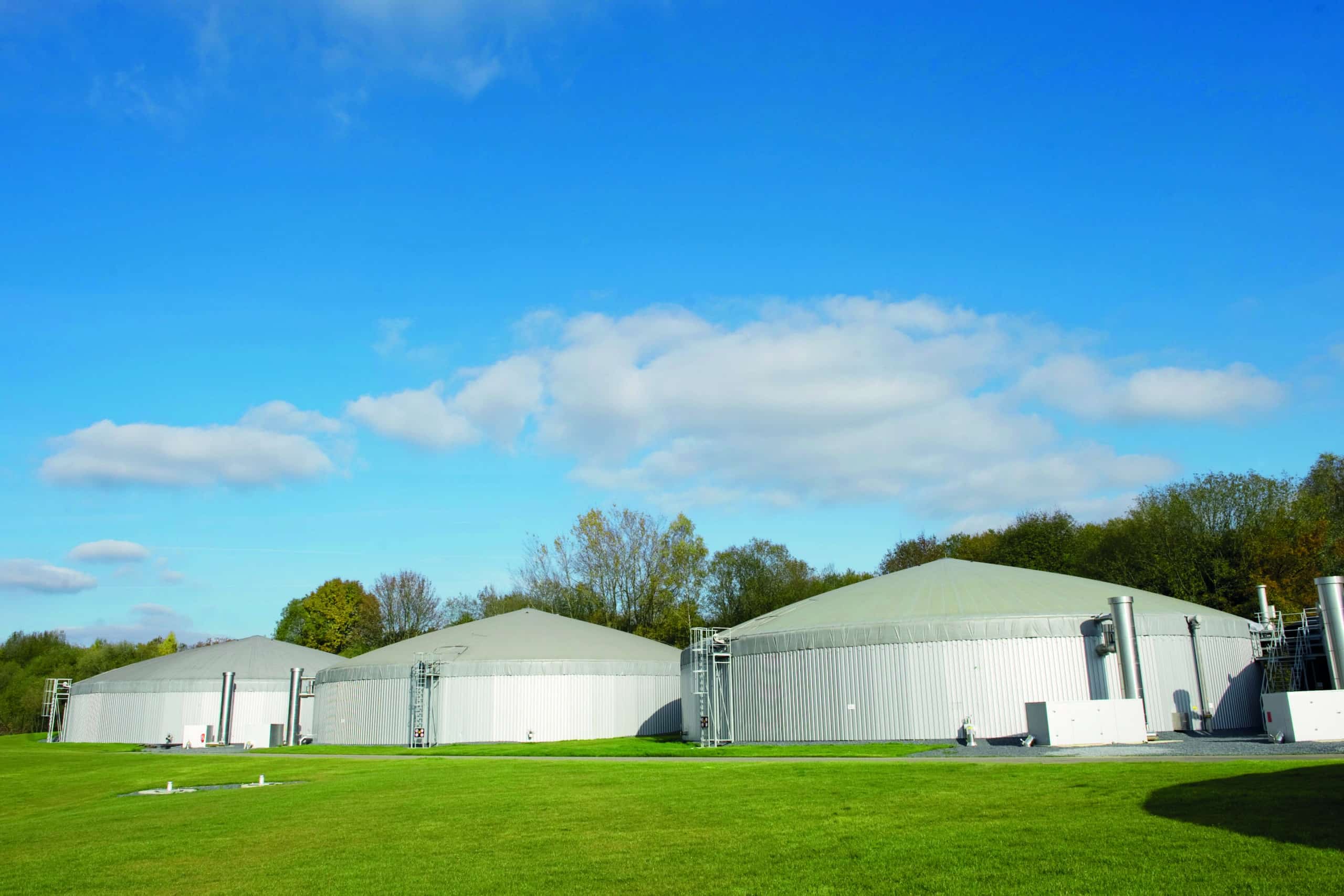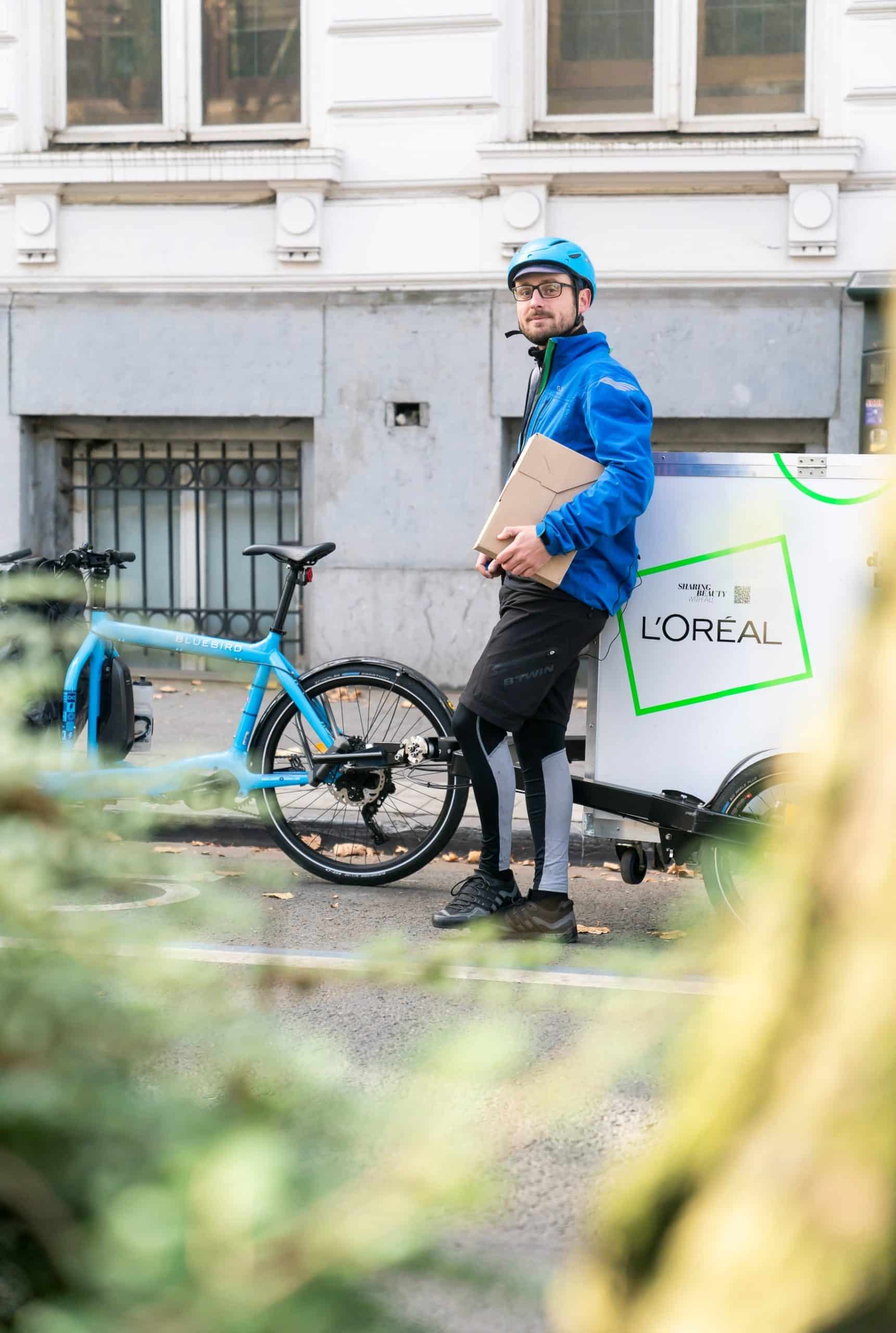This project within the Settimo factory enables us to reduce the environmental impact of the factory and the town. It contributes to SDG 7 Clean and affordable energy, SDG 9 Industry, innovation and infrastructure, and SDG 12 Responsible production and consumption.
The biomass plant used for the factory and the town of Settimo’s district heating contributes to SDG 13 Climate action. In addition, it enables the creation of employment and therefore contributes to SDG 8 Decent work and economic growth.
This is a model and a case study of a zero emission factory (creation, culture).
- SDG 7: Clean and affordable energy
The factory is 45% heated by biogas (biogas obtained by the treatment of urban waste). The rest comes from the town’s district heating network, to which it is connected and of which the feedstock is uniquely biomass (for example, wood and organic waste) generated from within a 30km radius of the site. Two thirds of its electricity needs are covered by a biomass plant, with the remainder coming from 14,000 solar PV panels installed on the site (self-consumption).
The installation of biomass produces more energy (electricity and heat) than is needed for the operation of the site. As a result, this represents 23GWh/year of renewable heat injected into the district heating network, and 2GWh/year of electricity injected into the national grid. During the site’s periods of inactivity (particularly at the weekend), the excess production arising from the solar PV panels is injected into the grid, contributing to its decarbonisation (around 0.5 GWh/year).
- SDG 8: Decent work and economic growth
The projects established by the Settimo factory (partnerships and investments) have enabled the creation of employment in the clean energy sector (for example, the running of the biomass plant employs at least two full-time staff), but also the development of other sectors (for example, to collect the organic waste). In addition, the construction and maintenance of the assets required a specific type of labour (for example, the installation of 14,000 solar panels on the site took nearly six months).
- SDG 9: Industry, innovation and infrastructure
The factory achieved carbon neutrality in 2015 thanks to its innovative energy mix. It is 45% heated by biogas, with the remainder coming from the town’s district heating network, to which it is connected. Two thirds of its electricity needs are covered by a biomass plant, with the rest derived from 14,000 solar PV panels installed on the site. In 2017, the Settimo plant was able to further increase its energy efficiency by taking advantage of its programme to reduce water consumption. The heat from the cleaning water is now recaptured and reused, and the energy needs of the wastewater treatment station’s fans have been reduced by a third. In 2018, the factory became a ‘Waterloop factory’.
The concept of ‘Waterloop Factory’ consists in only using public water supplies for human consumption and for the production of high quality water used as a raw material for the composition of products. All the water needed for production (cleaning equipment, production of steam etc) comes from water reused or recycled (through the site’s wastewater treatment facility) in a closed loop on the site.
- SDG 12: Responsible production and consumption
Through the Sharing Beauty With All (2013-2020) and L’Oréal for the Future (2020-2030), the L’Oréal Group encourages, among others, its businesses to produce sustainably and significantly reduce their impact on the environment.
By 2020, all the Group’s production sites were tasked with reducing their consumption of water, waste and GHG emissions by 60%, compared to 2005.
In terms of figures, in 2020, the Settimo plant reduced its water consumption in litres per finished product by 44% compared to 2005 and is a ‘Waterloop factory’. It creates value from 100% of its waste, and uses 100% locally produced renewable energy (hence it is carbon neutral).
Through the L’Oréal for the Future programme, the Group is continuing its efforts and has set itself ambitions new goals to achieve by 2030.
The L’Oréal Group and all its businesses take important measures to reduce their impacts on the environment and on our planet. Having sought to reduce the Group’s direct impact by 2020 through its Sharing Beauty With All programme, L’Oréal is going even further in its environmental ambitions through its L’Oréal for the Future programme. This is a strategic programme through which the Group aims to assume a greater responsibility, mobilise its entire ecosystem (employees, suppliers, customers etc) and show that businesses can be part of the solution, in the face of the challenges confronting the world.
This programme is based around three pillars:
- Transforming our activity to respect planetary boundaries.
- Engaging our ecosystem in our transformation, helping our partners transition to a more sustainable model.
- Contributing to addressing planetary challenges by addressing the most pressing social and environmental needs.
The Settimo factory has been carbon neutral since 2015.






